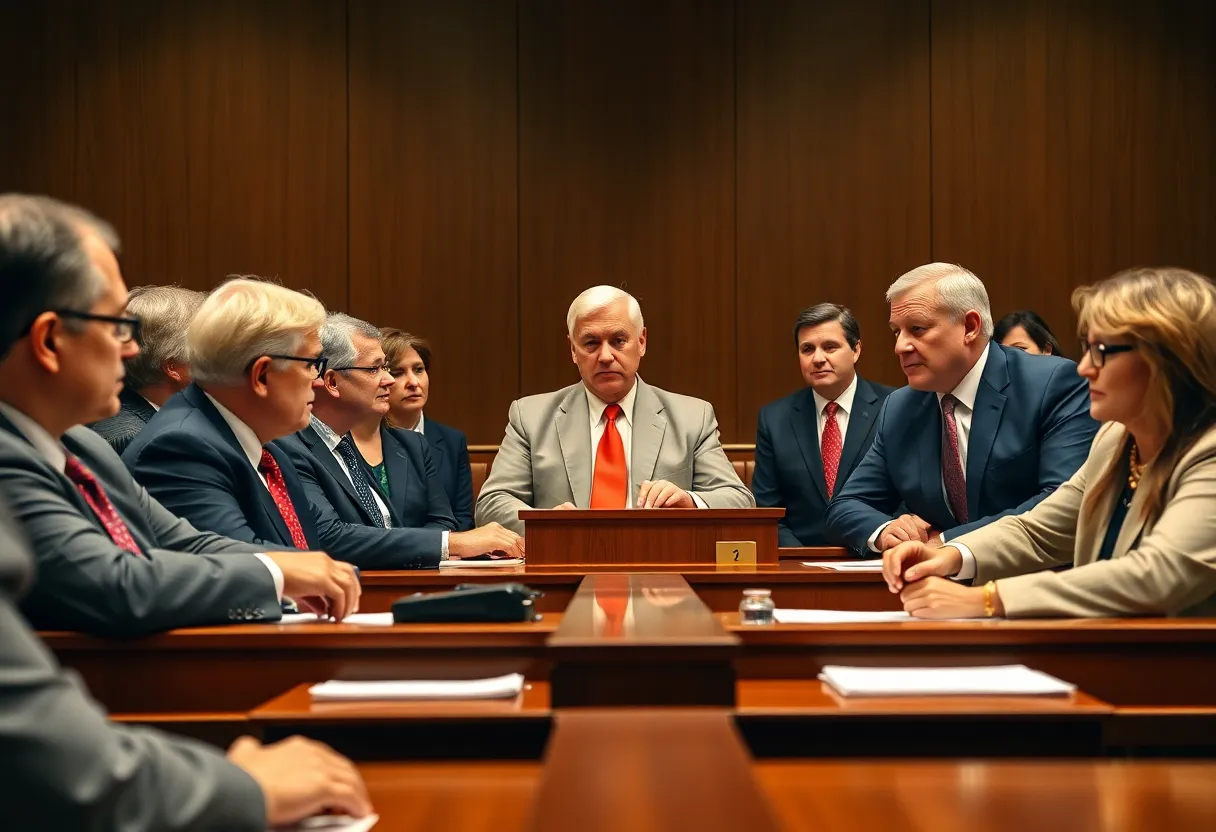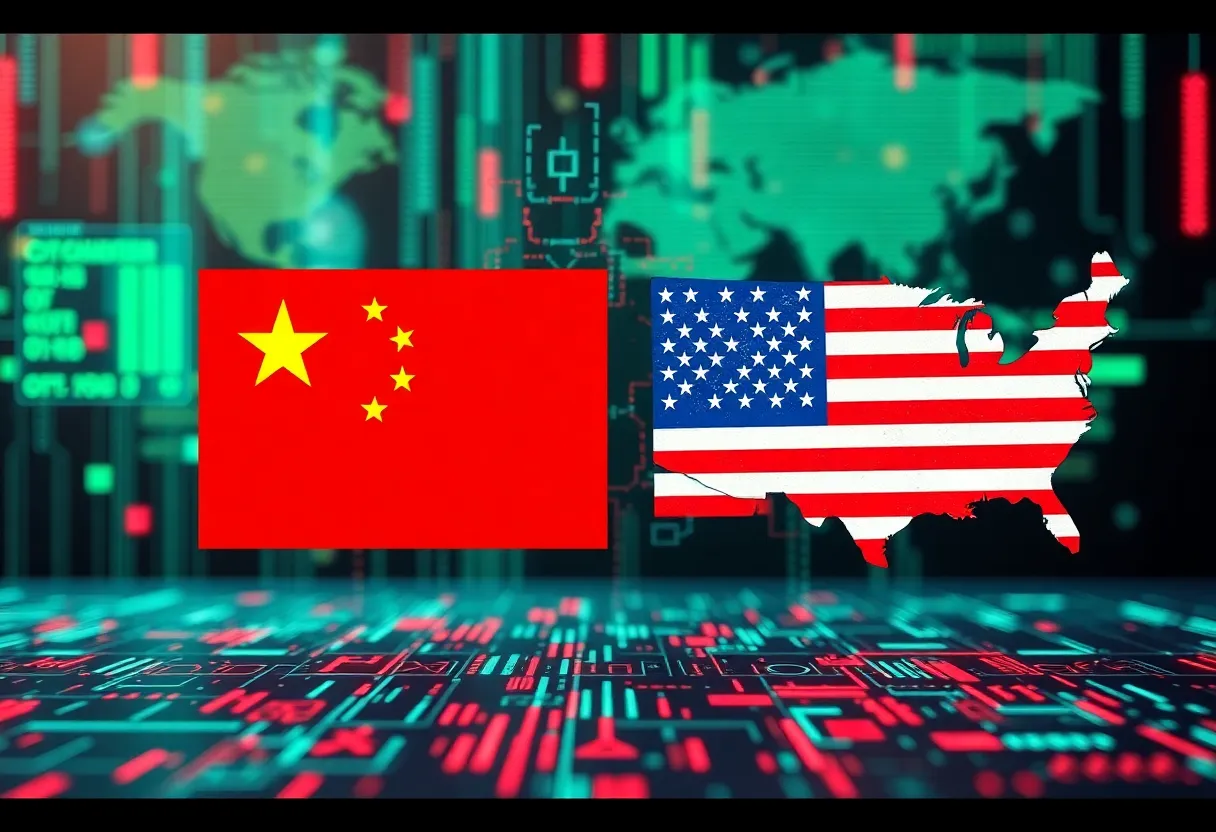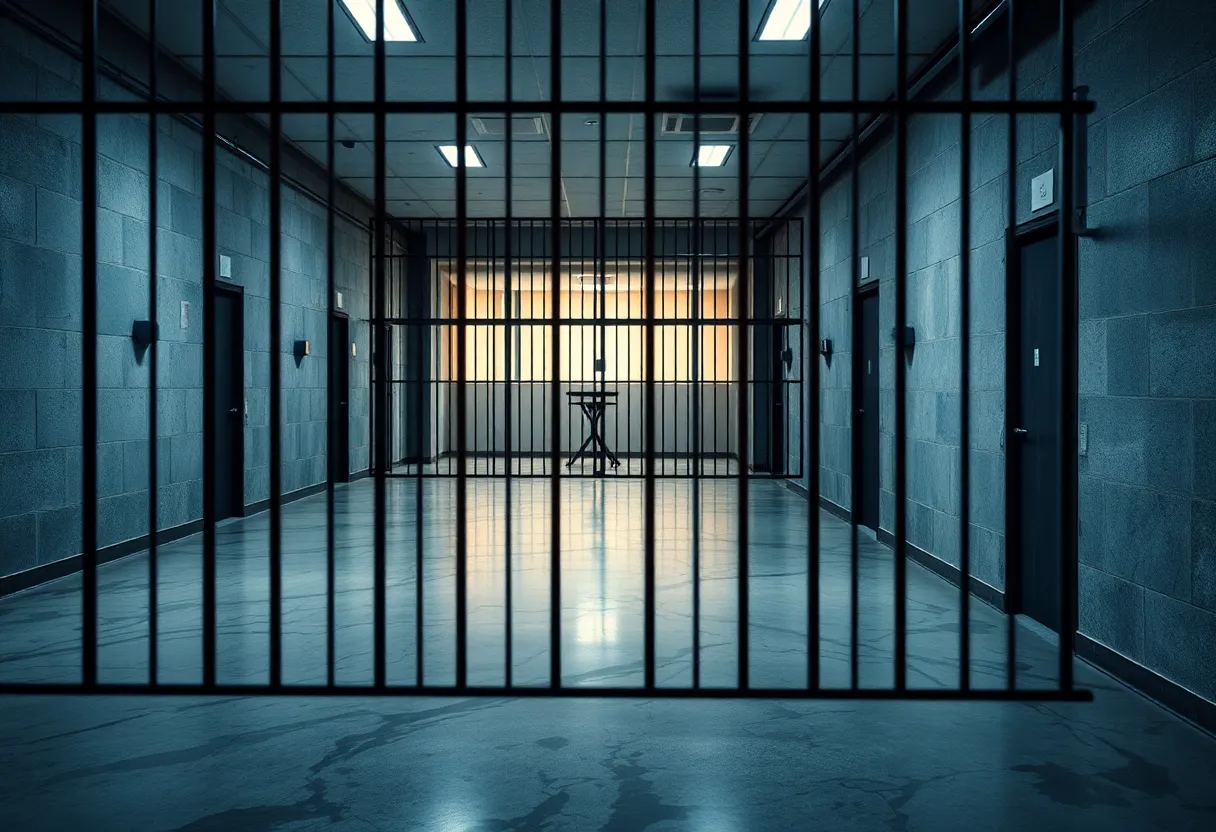News Summary
A coalition of U.S. businesses has filed a lawsuit against the Trump administration, challenging tariffs imposed on foreign trading partners. The case argues that these tariffs, framed as a national emergency, exceed presidential power and should be decided by Congress. Involved companies include a wine importer and a cycling apparel brand, among others. This lawsuit highlights the significant economic impact of tariffs and underscores a growing tension over the balance of power in trade policy amidst ongoing political debates around executive authority.
Businesses Go to Court Over Trump’s Tariffs
A group of U.S. businesses has taken a bold step by filing a lawsuit against the Trump administration. They are challenging a series of tariffs that were imposed on foreign trading partners, claiming that these measures are an overreach of power.
Who’s Involved?
This lawsuit was filed in the U.S. Court of International Trade by the Liberty Justice Center, a not-for-profit group dedicated to legal advocacy. The companies joining this legal battle include diverse businesses such as a wine importer, a pipe manufacturer, and a cycling apparel brand. Specifically, the plaintiffs are V.O.S. Selections, Genova Pipe, and Terry Precision Cycling, among others. Other companies involved also include a venture specializing in sportfishing tackle, one based in Virginia that produces educational electronic kits, and another in Vermont that creates women’s cycling apparel.
What’s the Legal Fuss About?
The crux of the lawsuit revolves around the claim that the tariffs do not meet the criteria of an emergency as defined by the International Emergency Economic Powers Act (IEEPA). President Trump announced these tariffs on April 2, using IEEPA to frame them as a response to what he called an “unusual and extraordinary threat” to the nation’s security, foreign policy, or economy.
The businesses argue that such significant measures, which can have profound effects on the global economy, should not rest solely in the hands of one individual, like the President. Instead, they assert that tariff-setting powers belong to Congress, reflecting the constitutional framework designed to prevent such unilateral actions.
The Impact of the Tariffs
The lawsuit highlights the potential for “massive impacts likely to do severe damage to the global economy.” It brings to light the tangible effects these tariffs could have on various sectors, especially as markets have already begun to react negatively. Companies like LVMH have expressed concern, with revenue forecasts dipping due to shifts in U.S. spending patterns.
A Broader Legal Challenge
This isn’t the only lawsuit hitting the courts regarding the tariffs. A similar challenge has popped up in Florida federal court, initiated by the New Civil Liberties Alliance (NCLA) on behalf of a Florida-based company named Simplified. This organization claims the President’s use of emergency powers is an unlawful power grab that undermines Congress’s rights.
What’s the Administration Saying?
As of now, the White House has not provided an immediate response to the recent lawsuit, though White House spokesperson Harrison Fields has argued that trade deficits pose a national emergency, justifying Trump’s actions to protect U.S. businesses. This defense indicates that the administration believes that tariffs are necessary for national welfare.
Political Tensions Rising
Conclusion
The lawsuit by these businesses is setting the stage for a significant legal confrontation over trade practices and the balance of power between branches of government. As this unfolds, many are closely watching to see how it may reshape the future of U.S. trade policy and the relationship between Congress and the Presidency. With impacts likely to reach beyond just the legal realm, the outcome holds implications for businesses and consumers alike.
Deeper Dive: News & Info About This Topic







